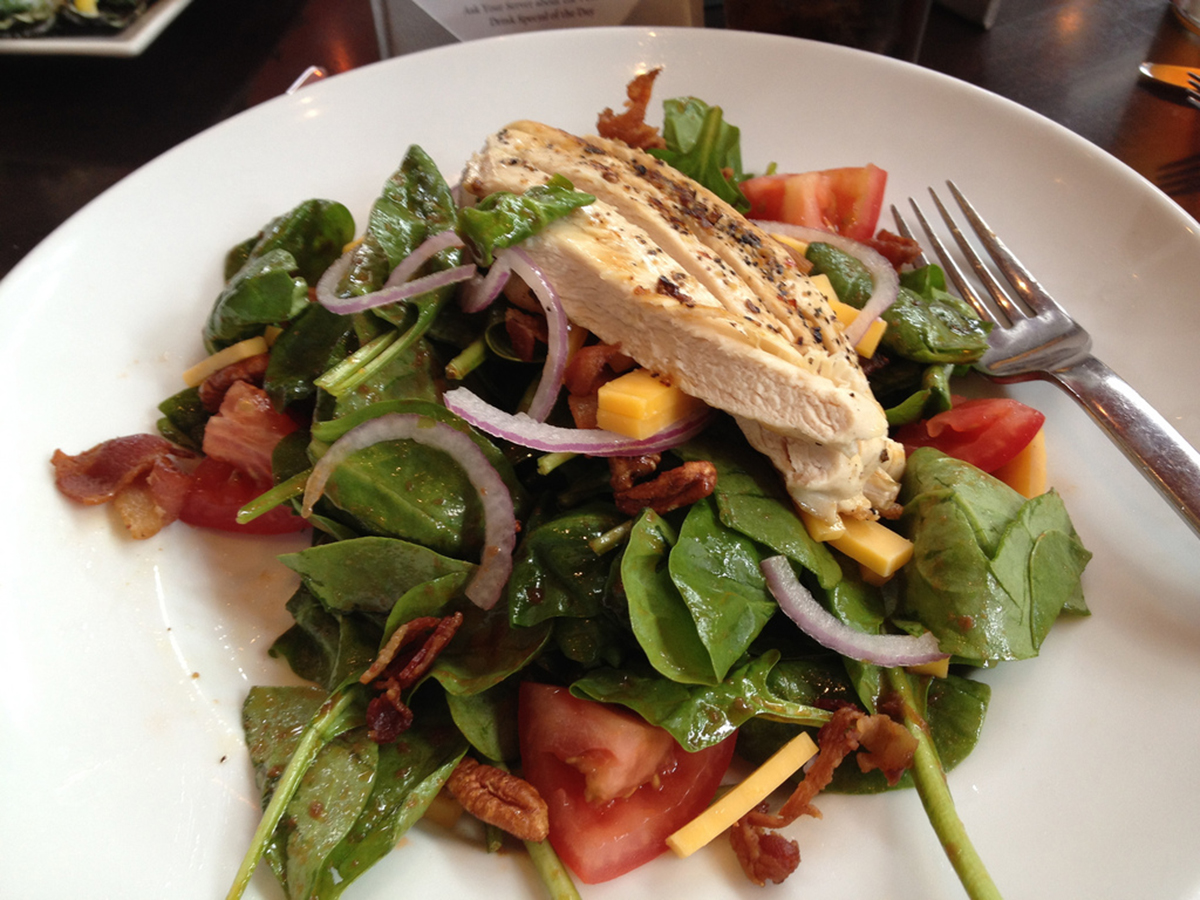Table of Contents
Paleo is hostile to grains but it's also hostile to dairy. Paleo people say adults shouldn't use dairy products. They point to a worldwide prevalence of lactose intolerance of about 75% (some populations are almost entirely lactose intolerant, others have very low prevalence: the closer you are to being white European, the less likely you are to be lactose intolerant), and observe that lactose intolerance is the rule in mammals. After weaning most mammals lose the ability to digest the sugar in milk with an enzyme called lactase. People who aren't lactose intolerant have a relatively recent (c. 7, 000 years) mutation called lactase persistence.

Dr. Ganmaa Davaasambuu, of the Harvard School of Public Health, ran a study on modern cows' milk.
Dr. Davaasambuu says, 'the milk we drink today is quite unlike the milk our ancestors were drinking; the milk we drink today may not be nature's perfect food.'
So what's changed? Modern cows are milked something like 300 days a year, pregnant or not (they're also fed hormones). By contrast, Dr. Davaasambuu pointed out, cows owned by Mongolian nomadic societies are milked for human consumption only about five months a year, and only in the very early stages of pregnancy, when hormone levels in milk are low.
Probably. The fact is that if you're Paleo, you're already missing out on a lot of the most dangerous ingredients in food - the synthetic additions to meat, fish and dairy that no-one would want in their diets, and the overwhelming welter of short-chain carbohydrates that we now know are the cause of the so-called 'obesity epidemic.'
The Ice-Man Cometh
Let's talk about some of the evidence we have about how our ancestors really lived.
Ötzi the ice-man is the name given to a corpse discovered in the Alps near the Austria-Italy border. He was so well-preserved that local cops opened a missing persons investigation with a view to foul play before closer examination made it obvious that Ötzi was at least a few thousand years old - about 13, 000 as it turns out, the line between the new stone age ('neolithic') and the Bronze Age in Europe, a period sometimes known as a the chalcolithic (' bronze stone') age. ]
Why care about Ötzi? Because he's the oldest 'natural mummy' ever found: when he died, the atmosphere freeze-dried him. He still has his last meal in his stomach. He still has teeth, hair, skin, internal organs, clothes, weapons, and even dried mushrooms that he was probably carrying for their medicinal properties. That's pretty important. Obviously, we can't deduce what the old stone age was like from Ötzi - he's not old enough. But we can look at his body, diet and what we know of his life and compare him with the hunter-gatherer populations that exist today. That way, we can see whether Paleo claims about agriculture are realistic or whether modern problems come from a modern, post-industrial lifestyle specifically, in which case we'd need a different cure.
So when we look at Ötzi, what do we find?
Broadly speaking, Ötzi seems to support the Paleo hypothesis, that eating and living like an ancestral, paleolithic human is healthier than the alternatives. Ötzi had serious dental decay due to his high-carbohydrate, grain-heavy diet which both eroded his teeth mechanically and exposed them to bacterial decay. By contrast, tooth decay is rare amongst even modern hunter-gatherers and there is little doubt that it it is a disease of high-sugar diets. He had other degenerative diseases we don't find in older human skeletons too.
But Ötzi is just one person, and bad genetics or other lifestyle choices may have played a part in his ill health. Experts attribute his bad teeth to a grain-heavy diet - but he still had all his teeth at 40 when he died.
See Also: Chicken, Fish, Beef, or Pork: Which Meat Is Best for Paleo, Primal, and Low-Carb Diets?
Oh, and Ötzi was lactose intolerant, according to genetic analysis.
Paleo is sometimes a cult, and sometimes a wish-fulfillment exercise for people who want to imagine themselves as cavemen. But it's also a sensible way to approach life, by asking what human beings are evolved to do. As long as it's taken with a pinch of salt, and not allowed to become a belief system, it's probably beneficial most of the time.
- Photo courtesy of Katherine Lim by Flickr: www.flickr.com/photos/ultrakml/15315629849
- Photo courtesy of John Athayde by Flickr: www.flickr.com/photos/boboroshi/7166521720
- Paleo and arthritis, according to Robb Wolf: bit.ly/1vTQDjF


Your thoughts on this